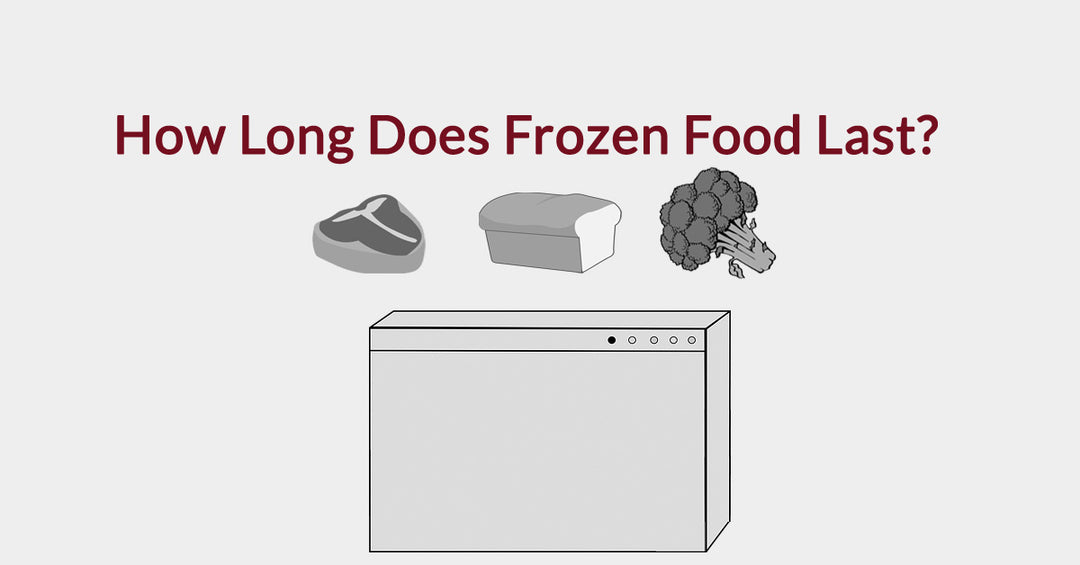US Food Supply Disaster Series: Hurricane Ian (September 2022, Florida)

In September 2022, Hurricane Ian, a monstrous Category 4 storm, devastated Florida. Beyond the physical destruction, a significant challenge to food security emerged, highlighting critical vulnerabilities in how communities access and store food during a major disaster.
The Immediate Aftermath: A Supply Chain Under Siege
Ian's force led to the destruction of coastal communities and their local food access points. Food deliveries were halted, and local stock was wiped out. Widespread power outages caused immense spoilage of perishable goods, as refrigerators ceased to function for days or weeks (WTSP, 2022). Furthermore, long gas lines and impassable roads significantly delayed emergency food convoys, creating bottlenecks for aid (FEMA, 2022; Red Cross, 2022).
Who Suffered Most?
Millions across Florida were affected, but retirees and mobile home residents faced particular hardship. These demographics often have limited mobility or evacuation options, leaving them stranded without food or the means to acquire it. Research after Ian also indicated higher food insecurity among socially vulnerable university students (ResearchGate, 2024).
Enduring Outcomes and Vital Lessons Learned
Hurricane Ian offered stark lessons for disaster preparedness and food resilience:
- Fragility of Refrigeration: The widespread spoilage brought attention to how dependent modern households are on consistent power for food preservation. This spurred discussions about alternative cooling methods.
- Boosted Interest in Solar-Powered Cold Storage: The ability to generate power independently from the grid became highly attractive. Communities and companies began exploring solar-powered refrigeration units for homes and community centers (Enphase, 2025; 8MSolar, 2025).
- Emphasis on Home Emergency Food Kits: Government agencies and non-profits amplified messaging about stocking non-perishable food items that require no cooking or refrigeration, along with bottled water, for extended periods (FDA, 2024; Total Prepare, 2025).




